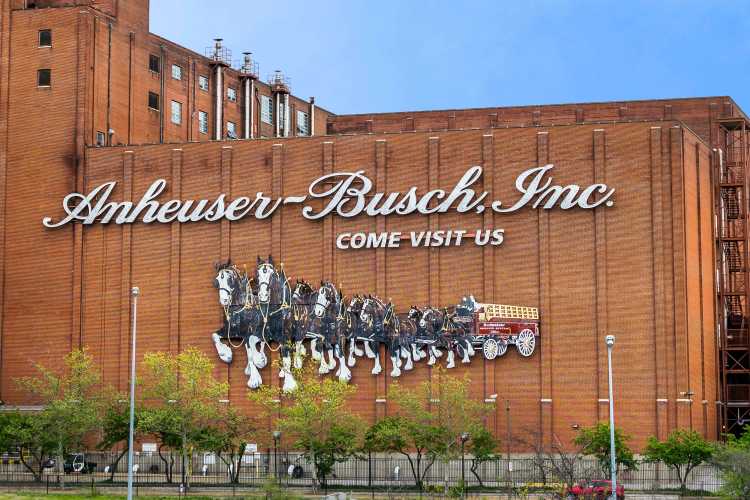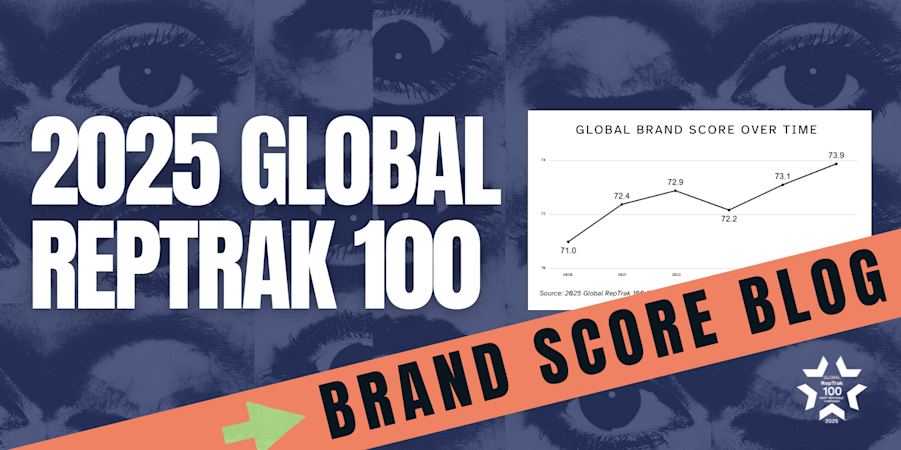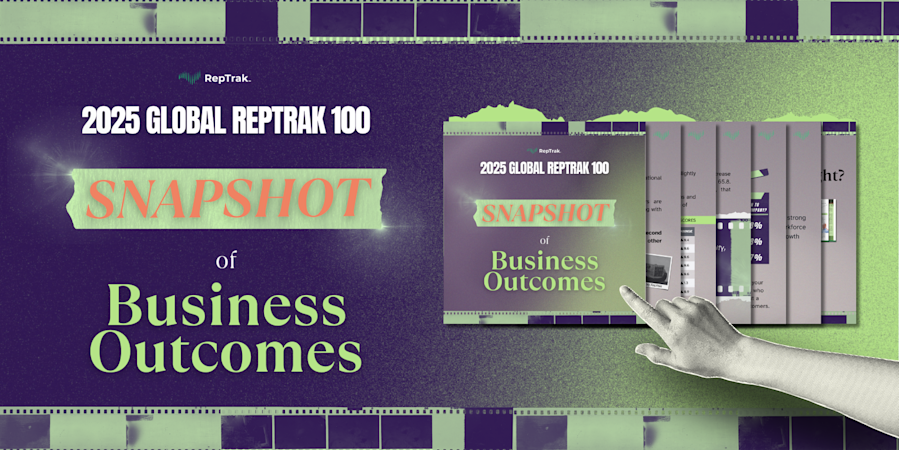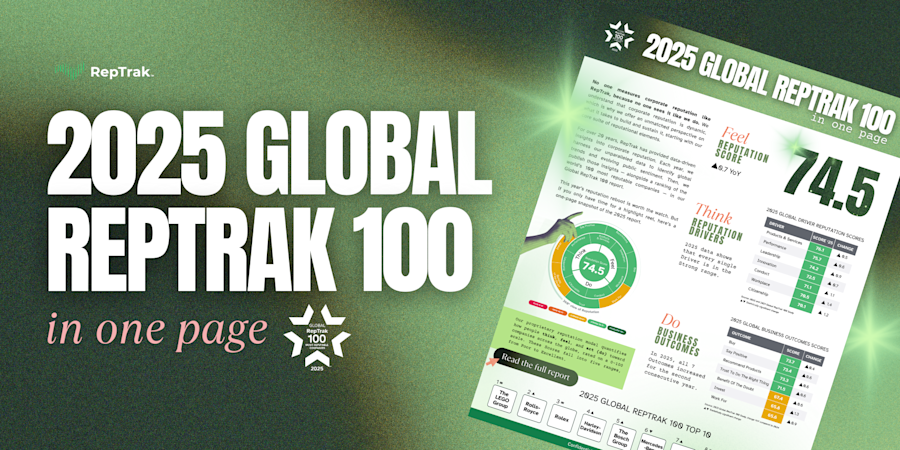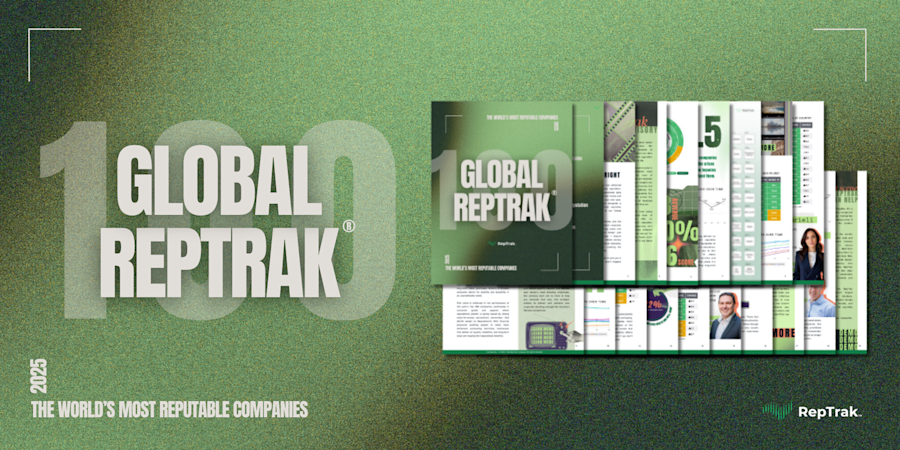Bringing People Together: How Anheuser-Busch InBev’s Purpose-Driven Response to Coronavirus Made a Real Impact
Case Study14 May, 2020
When the world is faced with a global pandemic, most people’s thoughts don’t instantly turn to a brewing company. But so many businesses have pitched in to help during the coronavirus emergency, and that includes Anheuser-Busch InBev, makers of Budweiser, Modelo, Beck’s, and other popular beer and alcohol brands.
The company’s global response to COVID-19 has been a mix of economic, health-related, and social relief. For example, it has raised nearly USD $4 million through a voucher program in 17 countries that allows consumers to buy a gift card or voucher, which AB InBev then matches as a donation to the consumer's favorite pub. In Brazil, the local subsidiary Ambev SA repurposed one of its breweries to produce a million hand sanitizer bottles for public hospitals throughout the country. This idea was quickly replicated globally; to date, AB InBev has produced and donated more than 3 million bottles of hand sanitizer in 27 countries.
And there have been many other activities, as well, that have tried to support healthcare workers and raise the spirits (no pun intended) of people around the world—not to mention the company’s own employees—during a difficult time.
What effect have such efforts had on the company, its workplace culture, and its reputation? We reached out to Pablo Jimenez, Global Vice President of Reputation and Communications for AB InBev, and Carla Crippa, Vice President of Corporate Affairs for Ambev SA in Brazil, to find out.
The RepTrak Company: A lot of companies have stepped up to do what they can in response to the coronavirus pandemic. How did AB InBev decide that it should do something?
Pablo Jimenez: Let me start by telling you something that we believe is a universal truth: beer brings people together. And our purpose as a company is precisely that: bringing people together for a better world. So this was a moment for us to really bring our purpose to life once again, and make it shine. We decided that bringing people together for a better world today meant supporting our people, first and foremost, helping in our communities as we can, working with our partners for the short and long term, and connecting with our consumers in new ways that are meaningful to them during this time.
Carla Crippa: Around three years ago, we began a period of transformation in Ambev. We wanted to be more open and more collaborative, and try to find more ways to use our capabilities to help solve real problems. So when COVID hit us, we were ready to act. We were able to repurpose—and repurpose is a word we are using a lot internally right now—and really see how we could donate our capabilities to help solve these problems. More than donating alcohol to create hand sanitizers or donating to hospitals, it was important that we donate the capabilities of our company: our people’s expertise, the management skills, the agility, and so on.
The RepTrak Company: How was the company able to respond and put a strategy in place as quickly as it did?
Pablo Jimenez: The starting point was that we wanted to be part of the solution. We have operations in China and South Korea that were impacted by the COVID-19 outbreak early in the year. The learnings from our colleagues in those areas gave us the benefit of understanding what was important, not only for our people but for our communities, and also a very good understanding of how we could support our partners and our consumers at this challenging time, as well. So very early on, we decided that we needed to be ready, that this was going to be something that would allow us to really step up.
Also, being a company with a truly global footprint has allowed us to replicate good ideas around the world, and bring those solutions to scale. So I think the culture of our company has made this possible. We’re very proud of that.
The RepTrak Company: And how did you decide on what exactly to do?
Carla Crippa: In Brazil, we created a crisis committee for COVID called Squad Do Bem—in English, it would be Squad for Good. It included around 80 people from across procurement, supply, corporate affairs, legal, marketing, logistics, and so on. From the beginning, they were full of ideas. One of these ideas was to produce hand sanitizer, and we received a lot of public awareness about that because we were very fast and agile, and also because it was directly connected to our business. We were flexible in adjusting and adapting our production lines to be able to deliver something different than we are used to.
The RepTrak Company: This was an impressive effort. Communications about such things can be a delicate balance because you don’t want to be perceived as being boastful. But how did you communicate to the public that you were doing this?
Carla Crippa: Our communications were earned; we didn't want to make a campaign out of it. Almost all Brazilian media outlets reported about our action, and some international outlets, too. Actually, the first post about it was on LinkedIn, from one of our vice presidents. He received millions of views on just that one post. That showed us that people wanted to see that companies were committing to helping. They wanted to see a light at the end of the tunnel and that the private sector was doing its part. It was not about Ambev. It was about a company adjusting its business to help, and doing that very quickly and at scale. We were doing something that was relevant for the community and the people.
Pablo Jimenez: Right. We had a clear understanding that this is a time of doing rather than a time of selling. Nonetheless, communicating our efforts continues to be important because that unifies our people behind a common goal. It helps us bring a sentiment of pride in who we are and what we fight for. But it is a time of doing. If we're all about bringing people together for a better world, that's where we need to put our focus.
The RepTrak Company: Speaking of employees, one of the common threads of all the surveys we’ve done recently is that the companies that are seeing the highest lift in reputation right now are the ones that are focusing on their workplace and taking care of their employees. How have you accomplished this in Brazil?
Carla Crippa: It's true. When we had the alcohol hand sanitizers initiative, we also thought, how could we protect the hospitals and the people and not protect our people? So the first round of production was assigned to our employees. And then we made the donation externally. We also made a commitment to preserve jobs and preserve salaries for three months. That was very important, because we saw that mental health and anxiety were a concern. Everyone is suffering right now. And it's good to hear that your company is doing great things for the community. But people are also worried about their reality. Like, what's going to happen with my job, and so on. So we made this commitment. We didn't talk publicly about it. We didn't want to make a big deal. It was more internal. But the return was amazing. Our people recognized our efforts externally and internally, sending thankful messages to our CEO.
The RepTrak Company: And Pablo, how have you been able to make your workers around the world feel like they're part of this relief effort and keep them all connected when so many are on their own and working remotely?
Pablo Jimenez: We created a framework that allows for consistent communications globally, because we're a global company, so we have to have a unifying narrative and a unifying approach in a situation like this one. But at the same time, we recognize that local realities need to be incorporated into the messaging and local voices are the most credible and powerful in these challenging times.
Our teams around the world engage on a very frequent basis to make sure that we're all on track with a single purpose in mind. Keeping our people informed, engaged, and inspired has been a critical element of our communications strategy.
The RepTrak Company: In our recent study of consumers in Brazil, companies whose COVID-19 relief efforts were remembered saw a 10.2-point increase in their Reputation Score versus companies whose actions were not remembered. Have you seen any kind of lift in the perception of your company as a result of your response efforts?
Carla Crippa: In all the surveys I’ve seen, we are in the top three when it comes to companies that have higher recall for their COVID actions. And the sentiment on our social media has improved, as well. So I’m inclined to say our Reputation Score has gone up. The perception people have of Ambev increased because of the actions we carried out.
The RepTrak Company: Finally, what have you learned from the experience of responding to this situation that is going to help your company in the future? What's been your greatest lesson so far?
Pablo Jimenez: Actually, there are three lessons. Of course, none of these are entirely new as they are common to crisis environments. But we think that they’ve been accentuated or highlighted during COVID-19. I would say the first one is that the leaders are in the spotlight like never before, and they're expected to deliver messaging with two very important elements: empathy and hope. We have to find the right balance between one and the other.
The second lesson is that authentic and fast communication is as relevant now as ever, and it's better to be fast than perfect. It's okay to not have all the answers in the first minute as long as you're communicating in a way that helps to support your own people and your partners to make the best decisions they can.
And the third lesson is the importance of listening and having a two-way street with your stakeholders, starting from your own people but also externally. You have to collect input to make sure that you hone your communications strategies and also your community support strategies so you can support your people based on what they really need at that point in time. Because the needs have not been static. They have been evolving very quickly, and you have to make sure that you keep your ears to the ground so you can continue perfecting your strategy.
Carla Crippa: I have two lessons. The first one is, when you do something that's not for the company’s direct benefit, it makes a huge difference. Because it's not the first time we’ve done something for the community. We’ve done several things in support of our community. But we’ve never had so much awareness. I think in this case, we have more of a philanthropic approach. In the U.S., you have a very high philanthropic culture. In Brazil, we don't have this. And as a company, we always like to do something that is sustainable and for the long term. But this time, we did something that was fully philanthropic. And this has had such a good impact.
The second lesson is how purpose-driven actions engage our people. The return that we are receiving from our employees has been amazing. Everyone wants to participate in spreading the good and be part of saving lives. I know purpose is really a big word now—empathy and purpose. And they are main drivers of engagement. We already knew that purpose was very important, especially for the younger generations. But now purpose and empathy are so strong that I think things are going to change. The new normal for us will be a more collaborative and more empathetic company.
If you’re interested in sharing your company’s COVID-19 response story, please let us know.
Martin Lieberman Director, Content Marketing The RepTrak Company
